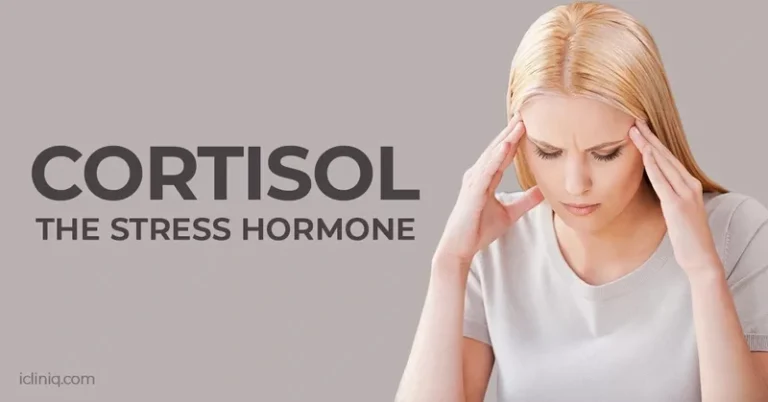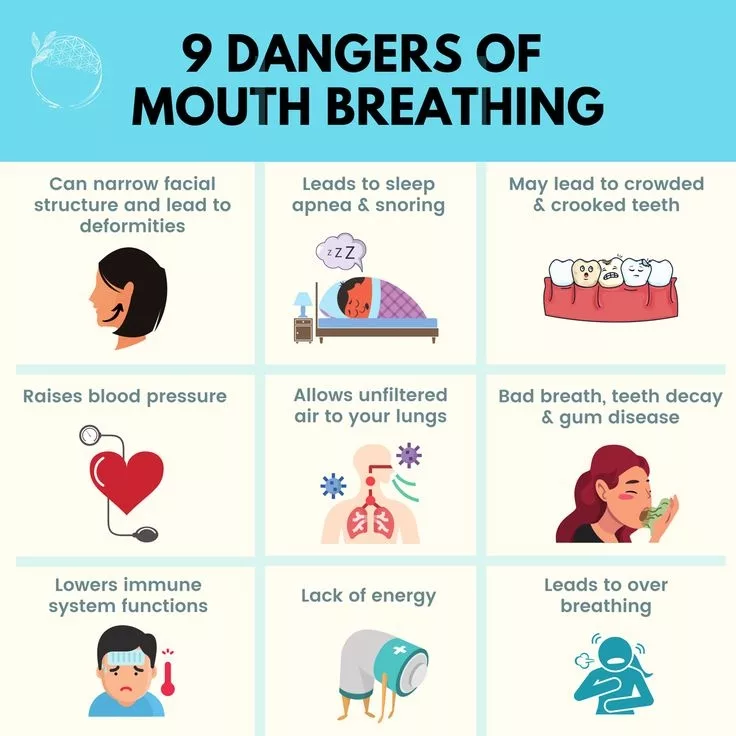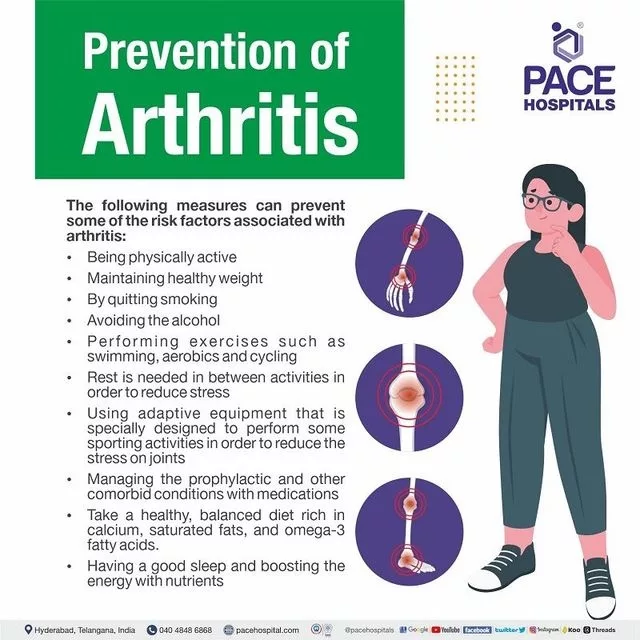Dementia: The Best Way to Understand It
Today, I want to talk about dementia, a topic that we often hear about in our surroundings. Dementia is a disease that many people find difficult to understand. So, today, I’m going to tell you about the best way to understand dementia. Shall we learn together?
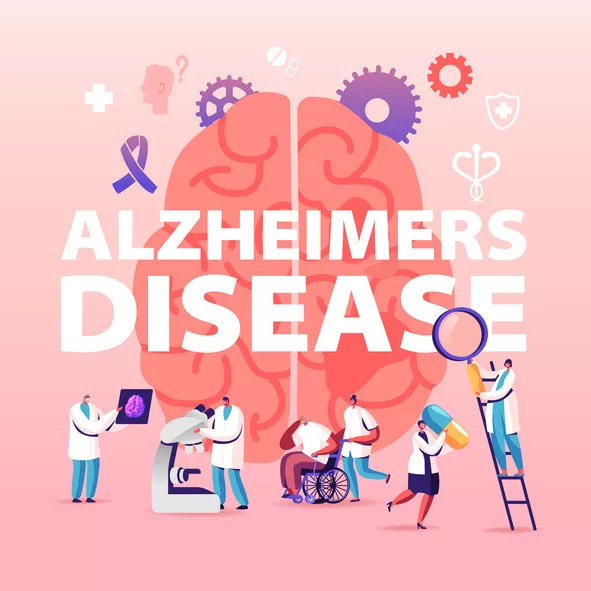
What is Dementia?
Dementia is a condition characterized by the decline in memory, thinking, judgment, language abilities, and social skills due to brain function deterioration. Although dementia primarily affects the elderly, it can also occur in children and middle-aged individuals. The decline in brain function can take different forms depending on the main cause of dementia.
Identifying the Main Causes of Dementia
One of the main causes of dementia is Alzheimer’s disease. Alzheimer’s is a chronic condition that occurs due to brain tissue damage and is the most common form of dementia. Vascular dementia, which occurs due to reduced blood flow caused by vascular diseases, is also commonly seen. Additionally, dementia can be caused by various other reasons, including Parkinson’s disease and Lewy body disease.
Mental Health and Its Importance: The Path We All Need to Walk Together

Understanding the Initial Symptoms and Progression
The initial symptoms of dementia can vary among individuals but generally include memory loss, decreased thinking ability, impaired language skills, and reduced ability to perform daily activities. These initial symptoms gradually worsen, leading to a state where individuals can no longer carry out their daily lives due to dementia.
Dementia Diagnosis: Essential Procedures and Tests
Diagnosing dementia requires various tests for an accurate assessment. Diagnosis is usually made through physical examinations by a doctor, cognitive function assessments, blood tests, and brain imaging studies. These tests help identify the type and cause of dementia, allowing for the development of an appropriate treatment plan.
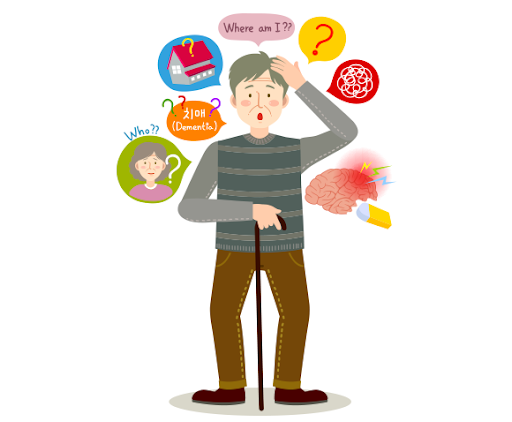
Exploring Various Types and Characteristics of Dementia
Dementia has various types and characteristics. Besides the most common Alzheimer’s disease, there are other forms such as vascular dementia, Parkinson’s disease dementia, and Lewy body dementia. Understanding the different symptoms and progression of each type of dementia plays a crucial role for patients and their families.
Management and Support Strategies for Dementia Patients
Management and support for dementia patients are crucial. Families need to ensure the safety of the patient and provide tools and facilities to assist with daily life challenges. Both physical care and emotional support are essential.
Mental Health, Why is it Important? And Symptoms and Treatments for Sleep Disorders
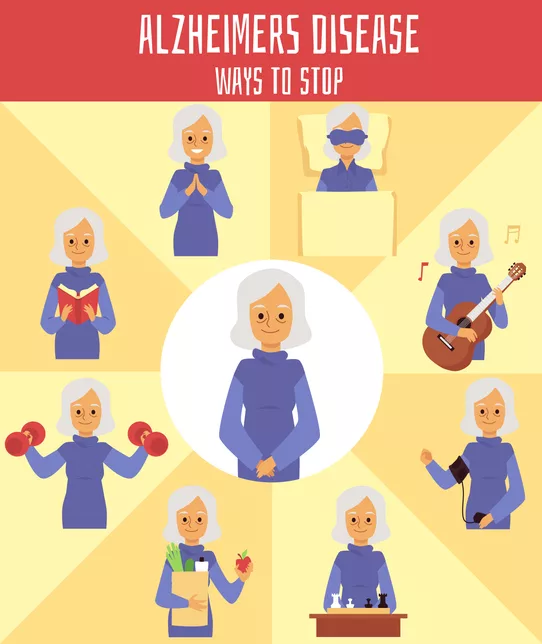
Tips for Dementia Prevention in Daily Life
In some cases, it’s possible to prevent or slow the progression of dementia. Regular exercise, healthy eating habits, and increased social activities are important. Maintaining mentally stimulating and engaging activities can also help prevent dementia.
The Impact of Diet and Exercise on Dementia Prevention and Management
Diet and exercise significantly impact dementia prevention and management. A diverse and balanced diet including fruits, vegetables, grains, and healthy fats is recommended. Regular exercise helps increase blood flow and improve brain function.
Psychological Support for Families of Dementia Patients
Families of dementia patients may face many challenges. Psychological support is necessary. It’s important for families to express and understand their emotions and seek professional help if needed. Maintaining communication and a proper relationship with the dementia patient is also crucial.

Frequently Asked Questions About Dementia and Their Answers
To enhance understanding of dementia, let’s look at some frequently asked questions and their answers.
- Is dementia a part of aging?
- Yes, dementia is a part of aging. However, not all elderly people develop dementia.
- Are there any treatments for dementia?
- Some treatments have been developed for certain types of dementia, including Alzheimer’s disease. However, a complete cure is not yet possible.
- Are alcoholic dementia and Alzheimer’s disease different?
- Yes, alcoholic dementia and Alzheimer’s disease are different types of dementia. Alcoholic dementia occurs due to long-term excessive drinking and some symptoms may improve after stopping alcohol consumption.
- What is the most common type of dementia?
- The most common type of dementia is Alzheimer’s disease. Approximately 70%-80% of dementia cases are diagnosed as Alzheimer’s disease.

Conclusion
Dementia is a condition caused by the deterioration of brain function, primarily affecting the elderly. It can be caused by various factors, including Alzheimer’s disease. Understanding dementia from its initial symptoms to its progression, diagnosis, and treatment is essential. Adopting healthy lifestyle habits and psychological support are important for prevention. Families should support and assist each other, following the latest research and expert advice to enhance their understanding of dementia. 🧠💙
The Healthy Charm of the &Table of Happiness& Mediterranean Diet

